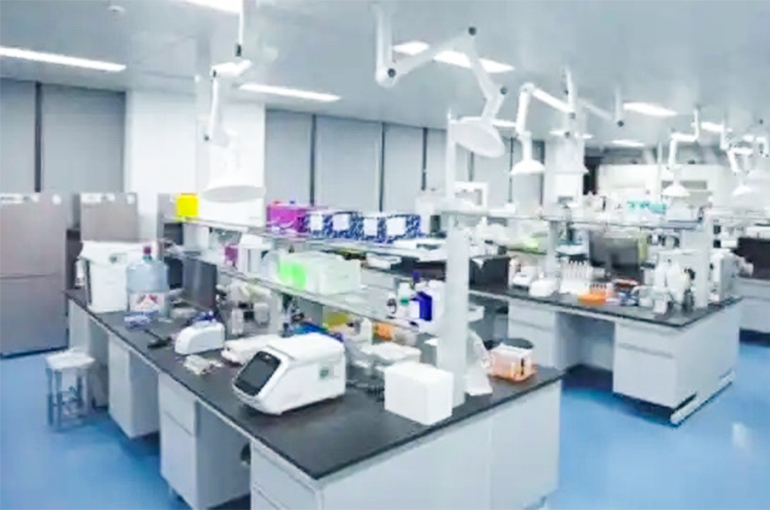 Stem Cell Therapy Marks Breakthrough in China’s Fight Against Parkinson’s Disease
Stem Cell Therapy Marks Breakthrough in China’s Fight Against Parkinson’s Disease(Yicai) Jan. 8 -- Shanghai East Hospital, a teaching center affiliated with Tongji University, has successfully improved the motor abilities and life quality of many patients with Parkinson's disease after a 12-month clinical trial of China's first induced pluripotent stem cell therapy.
A team led by Prof. Liu Zhongmin from Shanghai East Hospital and Sizhe Biopharmaceuticals jointly conducted the human trial, the hospital announced yesterday. The cell transplantation therapy used to treat the disease had good safety and efficacy results, it said.
According to Liu, the therapy has the potential to reverse the progression of Parkinson’s, offering a new strategy for treating the disease in China.
Parkinson’s disease is a common neurodegenerative disorder among middle-aged and elderly people that is characterized by motor symptoms such as tremors, rigidity, and slowness of movement, as well as non-motor symptoms that severely impact the quality of life. The number of Chinese with the disease may reach 4.94 million by 2030, almost half of the global total.
Among traditional treatments for Parkinson’s, medication tends to lose its effectiveness after three to five years and can cause significant side-effects, said Wu Jingwen, director of Shanghai East Hospital's functional neurosurgery department. Meanwhile, surgery is expensive, has a limited scope, and involves substantial surgical trauma, Wu noted.
IPSC therapy involves converting ordinary somatic cells into stem cells, which can then differentiate into various functional cell types for cell replacement therapy, Wu said.
Stem cell therapy is hailed as the third medical revolution. As well as treating Parkinson’s, it is being used to address other conditions that traditional methods struggle to treat. Last November, Shanghai East Hospital and Sizhe began the world's first clinical trial for treating amyotrophic lateral sclerosis using new stem cell drugs developed by the Suzhou-based company.
Editors: Tang Shihua, Martin Kadiev